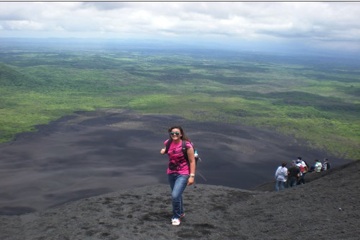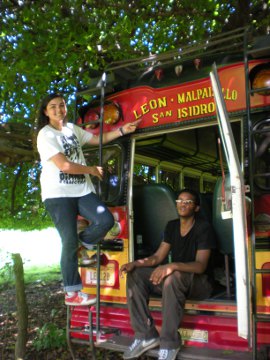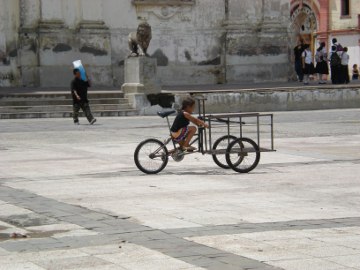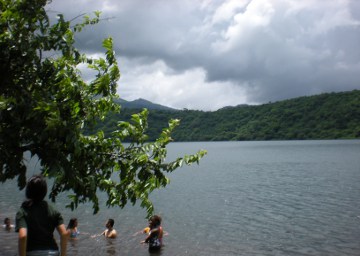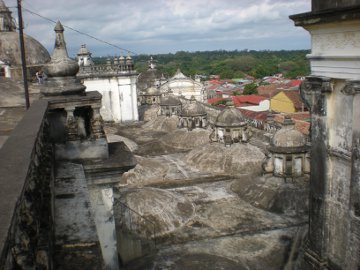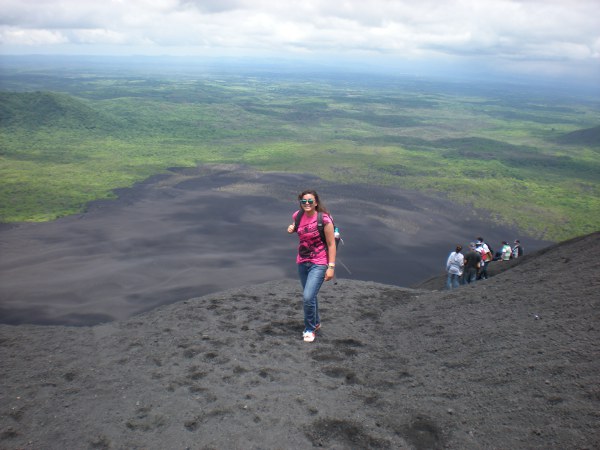
THIS SUMMER I WANTED to experience something different for a change. I didn’t want to waste a summer at home not doing anything productive. I was introduced to the opportunity of traveling to Nicaragua with a youth travel program called Global Glimpse. Right when I received the application I was so excited that I filled it out without asking my parents. Once I was notified that I received a traveling scholarship from Matador and that Global Glimpse accepted me into the program, I told my parents. I was lucky that they didn’t need much convincing.
